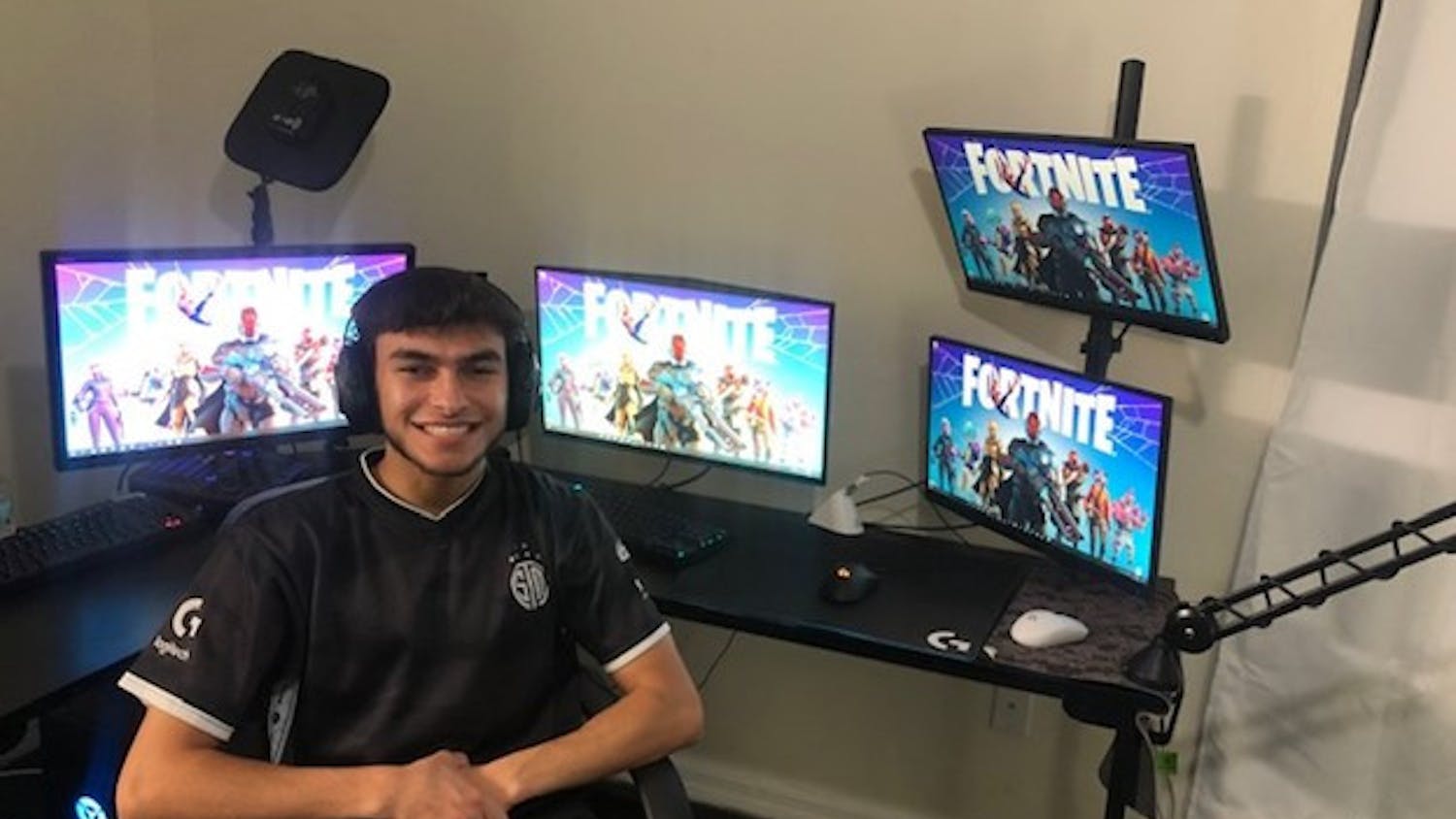On Sunday night, season four of “Game of Thrones” premiered, and it broke the Internet.
“Two Swords” broke all sorts of records, too. Two million more people watched this episode than last season’s premiere, and it was HBO’s most-viewed program since Tony Soprano mysteriously faded into darkness back in 2007. It also almost instantly became one of the most pirated TV episodes of all time.
“Game of Thrones” can best be described as a political thriller set in a classic medieval fantasy land, where rival factions cut deals with and murder each other in really dramatic ways.
Personally, I’ve only seen the first two episodes — enough for me to seethe with rage at the fact that Seth MacFarlane dated the actress who plays Daenerys Targaryen, even if I can’t be considered a true fan.
The show’s fans simultaneously take it super seriously and not seriously at all. Freaky online pleas for “Game of Thrones” role-playing atop a replica of the Iron Throne coexist alongside clips of the show dubbed over with “Seinfeld”-style bass lines and laugh tracks. It has spouted dozens of memes, and by mere virtue of being alive, I’m aware that there is a thing called the Red Wedding, which I hear is absolutely horrifying.
With so much anticipation and fandom, one would have expected HBO to have braced itself in the days leading up to “Two Swords.” Sadly — and to the exasperation of many — HBO GO, the channel’s streaming site, crashed during the premiere due to the gross overload of viewers, which was a total fiasco.
The same thing happened during the season finale of “True Detective” last month.
During an attempt at research, I was utterly dismayed to find that you can only subscribe to HBO GO if you already have an active HBO subscription on cable. There is no middle ground.
So how come all the people who crashed the site didn’t just watch it on TV, if they presumably had it on there anyway?
The explanation is that HBO account holders share their information with friends and family members and loved ones, leading to more people watching the show than there are actual HBO subscribers. This doesn’t bother HBO all that much because they still get bangin’ ratings while keeping all those other folks from turning to piracy, which literally millions of people do already.
So why doesn’t HBO just evolve, let the chips fall where they may and allow people to sign up for HBO GO accounts without having to go through a cable network?
The problem is that HBO, the cable companies and the average citizens are in a kind of financial Mexican standoff, and HBO GO is the thing they’re about to fight over.
The cable companies know that the days are numbered for their current business model. What Netflix delivery did to video rental stores, Netflix streaming and sites like it are doing to cable companies. HBO still does the majority of its business through cable. Streaming is, for the time being, an afterthought. Right now, HBO and the cable companies need each other: HBO needs cable to distribute its programming, and cable companies need HBO’s exclusive programming to keep customers from ditching them.
But with the way media is going, this game won’t be kept up for long. The inevitable is being delayed. Cable as we know it will be dead sooner rather than later. HBO, then, should give in and let me get an HBO GO account so I can catch up on all the pop culture of which I’ve been so woefully deprived.
[Alec Carver is a UF journalism freshman. His column appears on Fridays. A version of this column ran on page 6 on 4/11/2014 under the headline "HBO GO: Streaming is an afterthought"]





